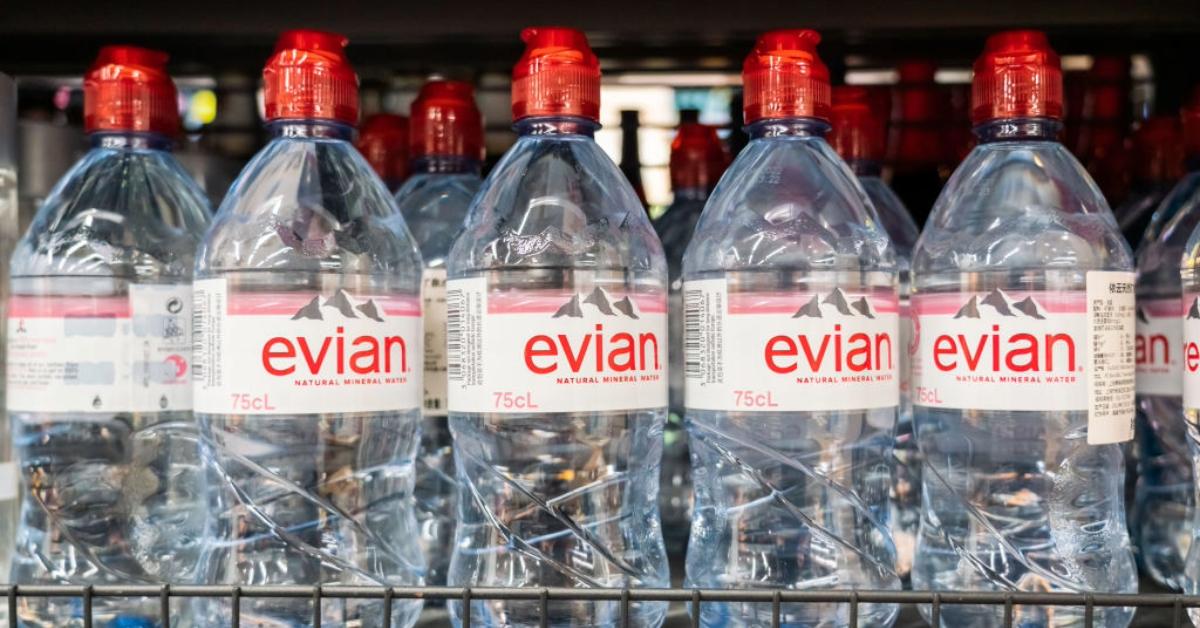
Stay Full Longer At Work With These Safe And Healthy Tips
It's not only about how much you eat, but what and how you eat that keeps you feeling fuller throughout the workday. Here are five tips that are total game changers.
By Je’Kayla CrawfordOct. 31 2023, Published 11:09 a.m. ET
When working a 9-to-5 job, most of your day is spent working hard at the office. Being productive can surely stir up an appetite. The problem is that some jobs don't have quick access to snacks to help you stay full.
Sometimes the workday can drag on, leaving little room for lunch, so prioritizing filling foods is imperative to maintaining your energy and focus.
Here are five amazing ways to come to work feeling nice and full so the feeling of hunger doesn't creep up in the middle of a workday.
1. Eat a big, healthy breakfast.
The obvious answer may seem to eat a lot before work, but in order to stay healthy and avoid feeling sluggish in your 9 a.m. meeting, stick to more energizing options.
Eating a larger portion before going to work is a great idea because it could keep you vitalized for much longer than just grabbing a piece of fruit, but that does not mean you should do it recklessly.
When people think of a filling breakfast, their minds automatically go to French toast or a stack of pancakes. So, instead, bulk up before work but opt for non-heavy meals like yogurt, a smoothie, or other protein and fiber-rich options to avoid feeling overly stuffed throughout the day.
2. Drink water

Have you ever noticed that your stomach may feel full after drinking a couple of glasses of water? Well, that is a great way to hydrate and energize throughout the workday and avoid raiding the break room for snacks.
You will find yourself consuming the amount of water that is suggested for an adult to have per day. You may also feel less inclined to turn to snacking. Studies show that you are supposed to drink at least half a gallon of water daily. If you are still far from that daily intake, then this tip is for you.
3. Follow a diet with nutrient-dense foods.

To avoid snacking throughout the workday, make sure your breakfast and lunch are packed with nutrient-dense foods. This means opting for meals that are full of protein, fiber, and healthy fats.
According to medical professionals at MyPlenity, foods that help beat hunger include Greek yogurt, avocado, beans, and whole grains.
It's not only about how much you eat that keeps you feeling fuller, but it's also very dependent on what you eat. You know your body more than anyone, so you know exactly what foods energize and satisfy you and which food groups instantly make you feel sluggish.
4. Chew gum.

For some people, eating is not only a result of hunger but also an oral fixation, which for many helps release nervous energy and self-soothe.
To help, chewing gum can be a cheap and easy solution.
According to a study, chewing gum was found to satisfy appetite and help suppress cravings, so find your go-to gum flavor and chew on it anytime you start to feel an intense food craving. You'd be surprised to see that this actually works!
5. Make sure you get a good night's sleep.

Sleep and hunger are connected, which means when you don't get the recommended eight hours of sleep, your appetite will spike the following day.
This is because several hormones related to appetite in the human body are affected by sleep or lack thereof. For example, leptin and ghrelin are appetite-regulating hormones that send signals to your brain to let it know when you are hungry or full.
However, when your sleep is disturbed, the hormones become dysregulated, causing your body to get mixed signals, per a study.
So, stop scrolling on TikTok in bed and get a good night's sleep before clocking in for work.
If you have any specific concerns or questions about your health, you should always consult with a physician or other healthcare professional.


